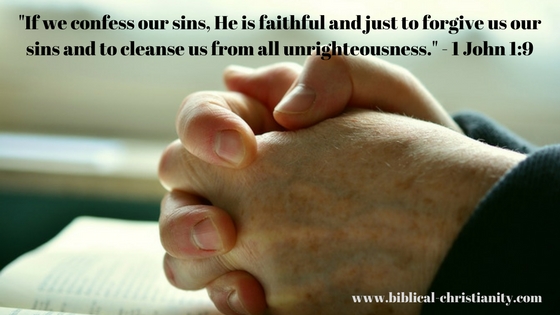King David’s Prayer of Repentance
Psalm 51 is the first of fifteen consecutive psalms in Book Two attributed to David. It is also the fourth of the penitential psalms (see Psalm 6; 32; 38) and it is King David’s prayer of confession and repentance at the time that Nathan the prophet confronted him with his sins. It must be noted … Read more

